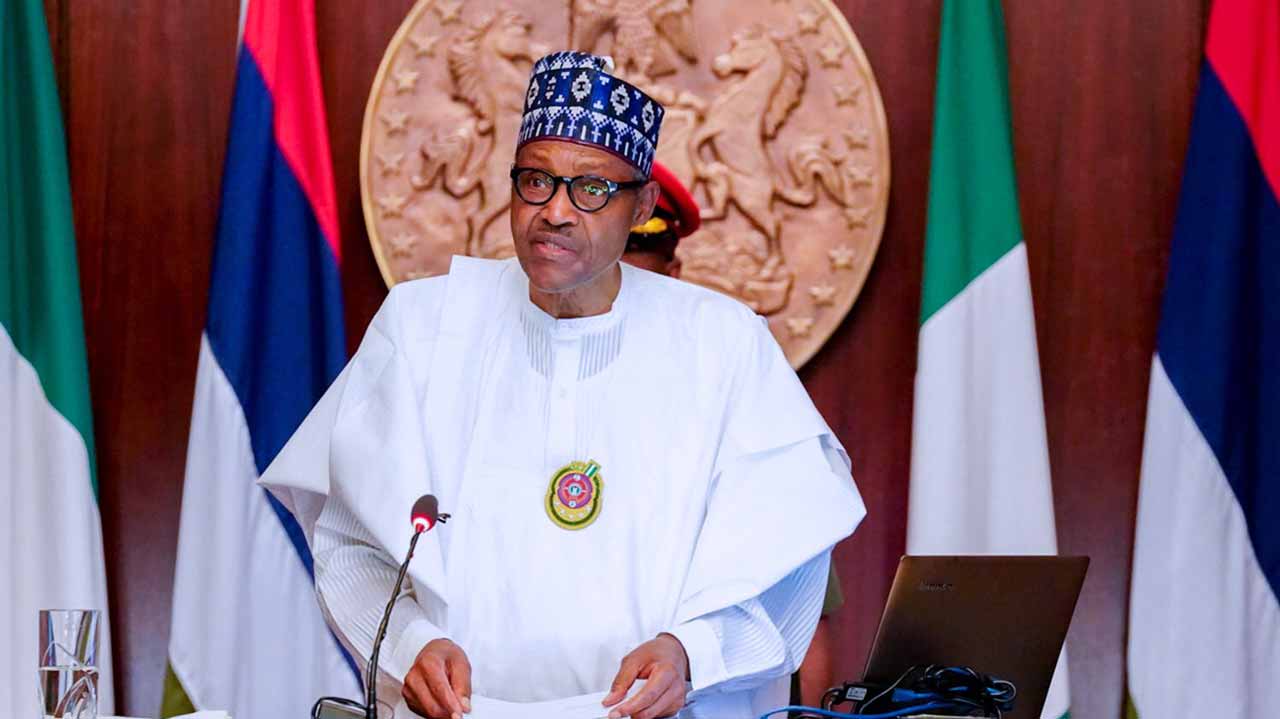By
Beulah Oluwasola
Across Nigeria, countless lives are shattered by the horrific act of rape. This brutal crime leaves a lasting scar, far beyond the initial assault. Survivors face a daunting journey, grappling with physical, emotional, and psychological trauma that can linger for years.
Rape not only steals a sense of safety but also silences victims. The fear of stigma and shame often keeps them from seeking help. Culturally ingrained norms and societal expectations further perpetuate this silence. Compounding the problem is a failing justice system. Rampant corruption within law enforcement discourages reporting, while limited support services leave many survivors feeling abandoned.
The COVID-19 pandemic exposed a horrifying truth. While official reports documented a significant rise in rape cases (717 between January and May 2020 alone), unofficial estimates suggest a far greater problem. The National Human Rights Commission reported over 11,200 cases in 2020, and the numbers continue to climb. As human rights expert Osai Ojigho observes, “The pandemic only exposed what has been going on for so long.”
Rape’s impact extends far beyond the physical act. Many survivors experience moderate to severe Post-Traumatic Stress Disorder (PTSD), characterized by nightmares, anger, depression, and suicidal thoughts. Professor Kayode Taiwo, a clinical psychologist, describes sexual violence as an “open wound” that never truly heals. Shame, isolation, and sexual dysfunction are just some of the long-term consequences.
The lack of reliable data and support services further hinders justice. Activists like Mrs. Itoro Eze-Anaba of Mirabel Centre point to the impunity enjoyed by perpetrators due to a flawed investigation and prosecution system. Chinonso Nwajiaku a lawyer said that rape victims are usually afraid, shame, stigmatised and humiliated by a society that should ordinarily protect them, the country’s laws and policies should explicitly seek to protect or provide rehabilitation for victims.
Breaking the silence and holding perpetrators accountable is crucial. NGOs like the Sexual Offences Awareness and Response (SOAR) and Gender and Environmental Risk Reduction Initiative (GERI) are doing vital work. Increased funding for survivor services, combined with a fair and professional justice system, can help create a path to healing.
Healing is a long and arduous journey for survivors. According to psychiatrist Maymunah Kadiri, it often involves navigating the stages of grief. Counseling and mental health support are essential for finding closure and reclaiming a sense of peace.
Rape may shatter lives, but the spirit of survivors remains unbroken. By addressing the systemic failures and providing comprehensive support, NGOs and government can empower them to heal and rebuild.
Oluwasola , Beulah Oluwatosin is a 300level Mass Communication Student of Prince Abubakar Audu University, Anyigba Kogi-state.






